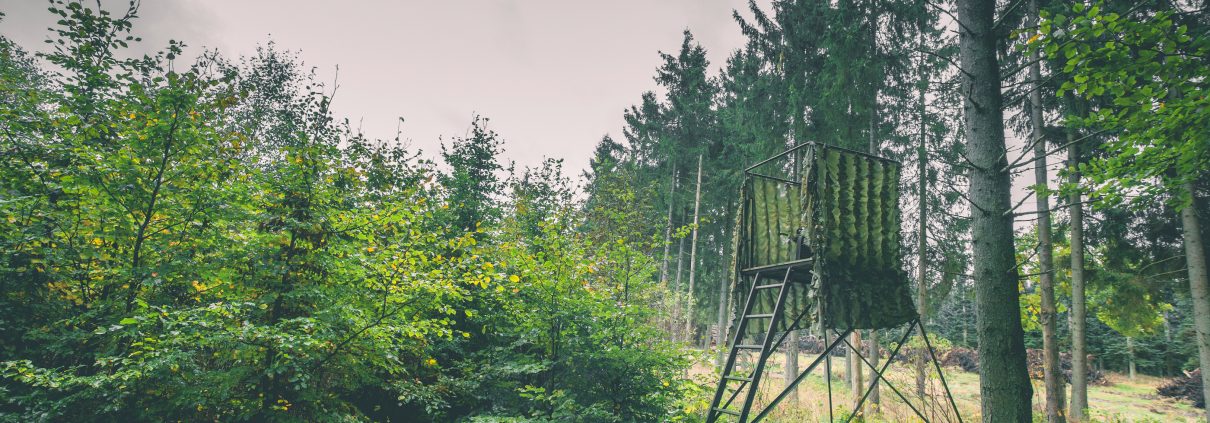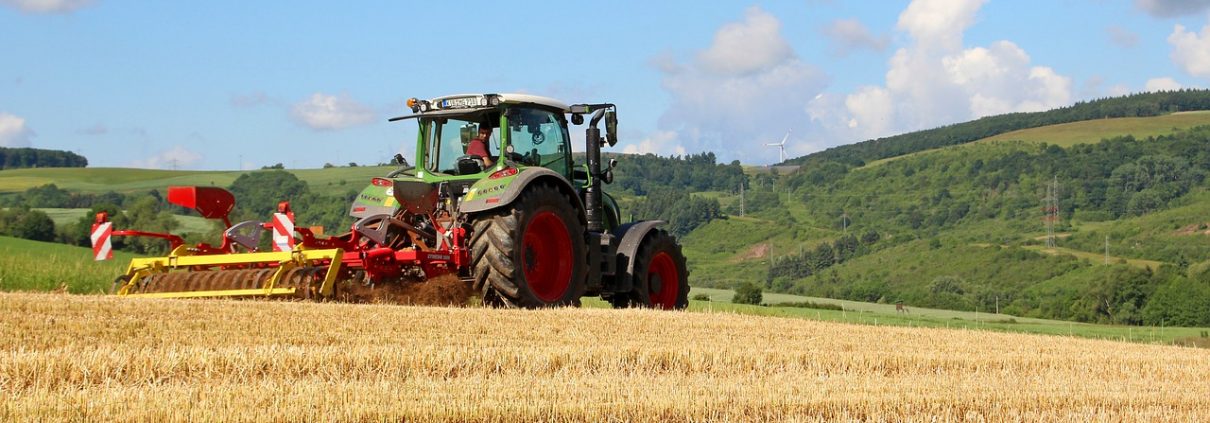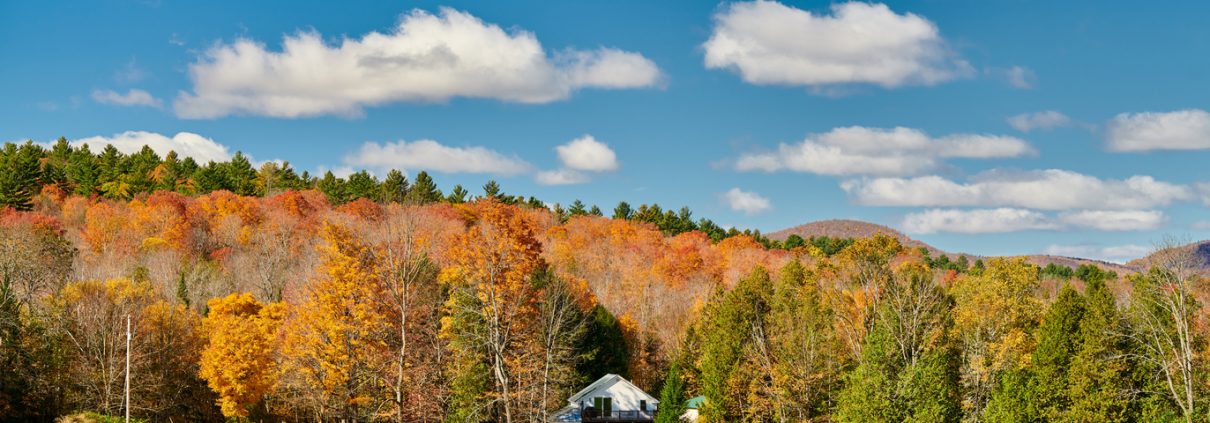Eight Tips for Taking Advantage of a Hunting Lease
As the overpopulation of public hunting land continues, an ever-increasing number of people are looking to hunt on private ground. This can be a lucrative way of earning income for landowners and gives renters access to premium hunting real estate.
For lessors and lessees alike, there are several things to consider before signing one of these leases. Eight tips have been listed below, along with explanations of how they apply to both sides of the equation (property owners and renters) in each case.
-
Liaise with Trusted Local Agencies
Landowners might not know exactly how to go about finding the right tenants, and would-be tenants might not be able to find the right land to rent. While you should check local websites for available properties in your desired area, local authorities are also valuable resources of information.
For hunters, these offices will have up-to-date lists of the kind of game and terrain that all active lessees are offering. For lessees themselves, the district conservationists and county Extension agents with the NRCS (National Resources Conservation Service) are a convenient contact.
These conservationists and agents will be frequently liaising with property owners anyway and can be trusted to prioritize the best interests of the land – so all parties should feel comfortable with the contacts they provide.
-
Do a Thorough Background Check
Both renters and owners should check out the other party as thoroughly as possible. As a lessor, you can ask your prospective clients for a list of references. Potential lessees can do the same thing – ask for the names of previous renters and get in contact with them.
In either case, find out what the prior tenants and landlords have to say before you commit to any agreements of your own. If you’re looking at renting the land, make sure you take a walkthrough first and see it for yourself.
You should also try to speak to any hunters or owners of properties that surround the perimeter of the grounds you’re interested in. That way, you’ll get a first-hand account of what the hunting season is like, and what kind of species diversity and size you can expect.
-
Decide What Kind of Lease You Want
There are long and short-term hunting leases, each with pros and cons for both landowners and renters. Long-term agreements can be seasonal, annual, or multi-year, while short-term can be daily, weekly, multi-day, or related to special seasonal conditions.
Special seasonal conditions usually refer to hunting for the season, but with a very specific type of weapon (like a muzzle-loader, rifle or bow) only. Whatever the particulars are, long-term leases usually cost more at the time, but work out as less expensive per diem.
Long-term contracts are also less work for property owners, who might have to offer or find food and lodging for short-term customers. Everyone benefits from short-term agreements if they run into issues with the other party since the contract is concluded fairly timeously.
Landowners need to decide if the extra profits of short-term leases are worth the additional effort that will be expended, and renters have to be sure that they’ll get enough use out of the long-term lease for the savings to be worthwhile.
-
Negotiate Fees Based on Hunting Requirements
If you’re the owner, you need to consider what activities and specific types of vehicles will be allowed and for what prices very carefully. You want your rates to be competitive, but you also want to get the most lucrative deal for yourself.
For instance, if camping, fishing and swimming are also possible on your land, can you charge extra for each of them, or will that put potential hunters off? In which case, you could charge a single extra amount to permit all of these additional activities.
As a prospective renter, take a close look at your requirements. If you strictly want to hunt and are not interested in fishing or swimming, you might want to pay a lower fee for camping permission only. You could also pay less if you’re only interested in hunting certain species.
-
Make Sure Availability is Transparent
Often, lessors retain the use of the hunting grounds themselves or to rent the land out to several different groups. Lessees need to decide if they’re happy with the dates they will have access to the area, and with the number of other parties that will have access to it at the same time.
To avoid ugly and potentially costly disputes later, the availability of the acreage should be very clearly set down. How large can each group be, for example, and which members of the owner’s family will be able to come onto the property?
-
Outline Shared Duties on the Land
Once again, the shared duties should be clearly described and agreed upon to avoid any later disagreements. Shared duties here pertain to anti-poaching, conservation, habitat management, and herd management.
Having responsible renters to carry out some of these duties can be a huge boon for landowners, and for clients, these activities can be a way of negotiating a better price. As long as both sides are fair and respectful of each other, it can be extremely mutually beneficial.
-
Put Liability Insurance in Place
In hunting, liability insurance refers to the coverage for both lessors and lessees and protects them from paying for damages when accidents occur. Policies can be purchased at very reasonable prices, and you should never enter into an agreement with anyone who doesn’t have it.
If you’re actively looking for hunting grounds to rent, take the time to get your insurance up to date – you’ll demonstrate your reliability, and many landowners won’t take you seriously or even consider signing a lease with you if you don’t.
-
Discuss and Finalize Written Rules
The lease terms, conditions of renewal, rates, property description, shared duties, availability, and liability insurance should all be included in the contract that you sign. As should other written rules, including whether permanent structures can be erected, and accident protocols.
Written rules should also stipulate that local, state, and/or federal wildlife laws must be observed, and, importantly, the arbitration measures that should be carried out in the event of any disputes.
Essentially, you need to make sure that you get everything in writing, no matter which side of the table you’re sitting on. Just as anyone with large assets at stake who is getting married should get a prenuptial agreement, everyone signing a hunting lease should make sure their contract is iron-clad.
Author Bio: Ashley Wells is Editor at Hunting Locator. She is a passionate outdoors enthusiast and writer. With her trusty camper van, she’s on a mission to travel the remote corners and discover the hidden gems our world has to offer – one destination at a time.


























 About the Author: David Fisher is the managing partner for
About the Author: David Fisher is the managing partner for

